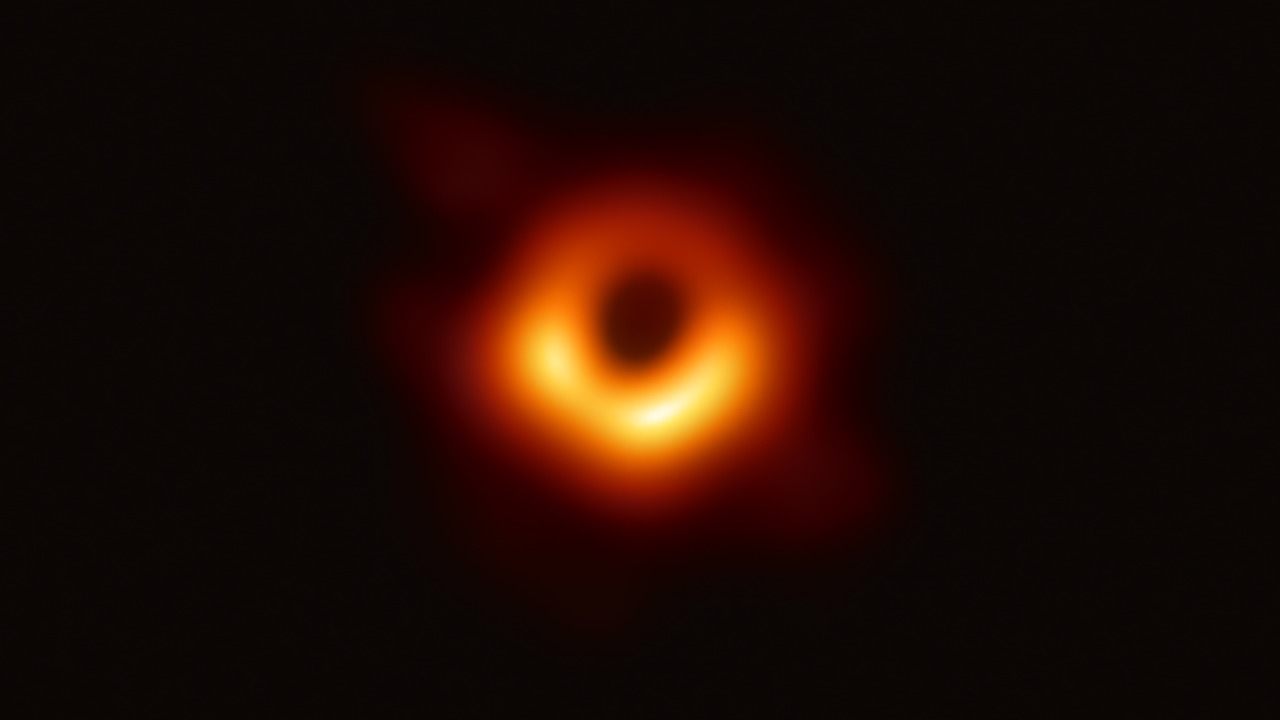
Black holes have traditionally been viewed as powerful and destructive forces in the cosmos, capable of consuming anything that ventures too close into their gravitational pull. Yet, a ground-breaking new theory put forth by a team of scientists has begun to challenge this long-standing concept. They hypothesize that these enigmatic celestial entities might not be destructive forces, but rather gateways leading to potentially habitable realms.
Understanding Black Holes
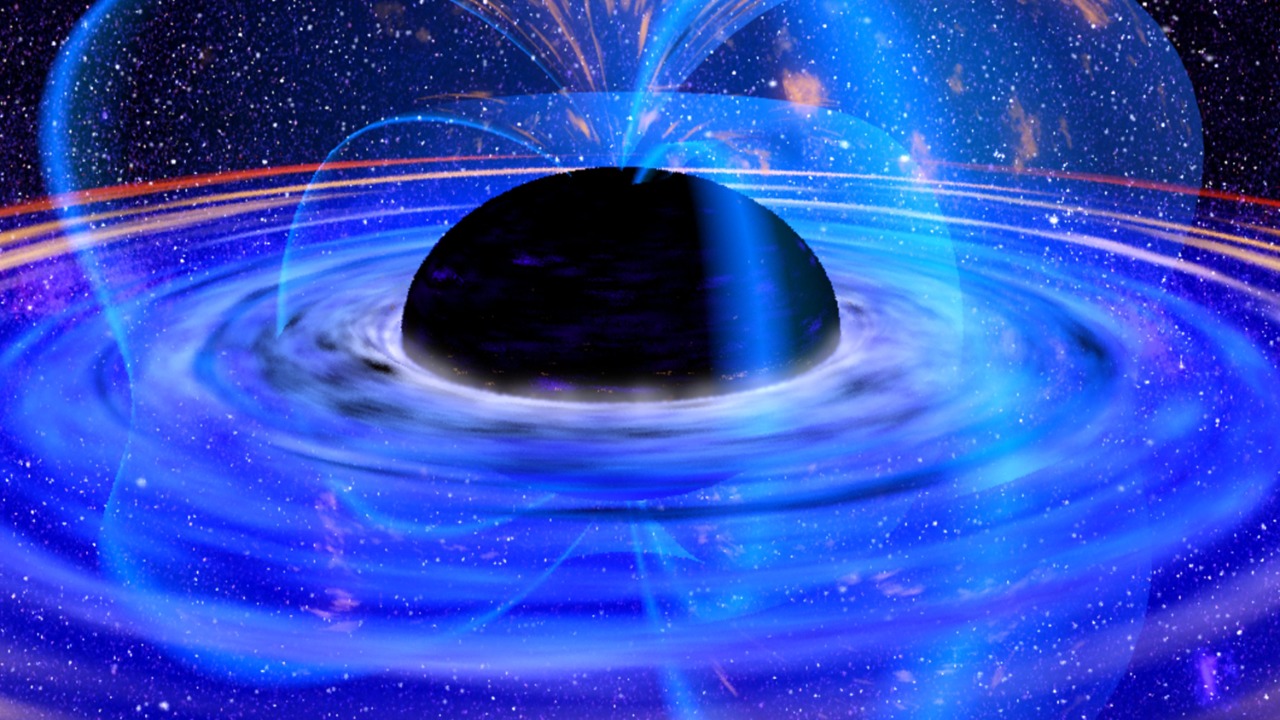
A black hole is a region in space where the gravitational pull is so strong that nothing, not even light, can escape its grasp. This intense gravity is the result of matter being compressed into a tiny space, often due to the collapse of a massive star. The boundary of the black hole, the point of no return, is known as the event horizon.
Inside the event horizon lies the singularity, a point where the gravitational field becomes infinite. The singularity is hidden within the event horizon, making it impossible to observe from the outside. Understanding the nature of black holes and their immense gravitational pull has been one of the most intriguing challenges for physicists and astronomers alike.
Black Holes: From Destroyers to Cosmic Portals

The new theory proposes a radical shift in our understanding of black holes. Instead of being destructive entities, black holes could potentially warp space-time to create gateways to other regions of the cosmos. These gateways, if they exist, could open up to entirely new universes or potentially habitable realms.
Interestingly, this theory introduces the concept of ‘white holes.’ Just as a black hole pulls everything into it, a white hole is a hypothetical region of space-time that cannot be entered from the outside, but from which matter and light could escape. Essentially, a white hole could be the exit point of a black hole’s gateway. This concept, while purely theoretical at this stage, has been the topic of much discussion and debate among the scientific community.
The Scientific Basis behind the Gateway Theory
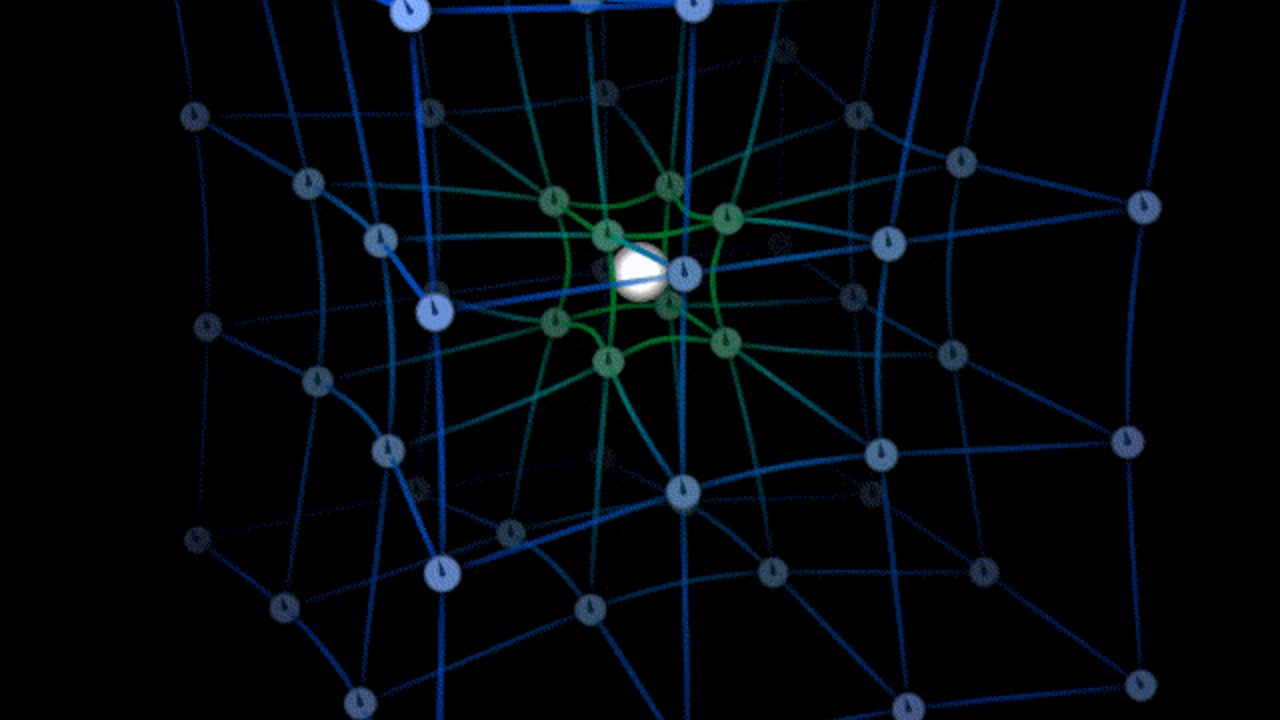
The idea of black holes serving as gateways is firmly rooted in theoretical physics and mathematics. Black holes, as described by Einstein’s General Theory of Relativity, can warp space-time in ways that could potentially create wormholes, or shortcuts through space-time.
The role of quantum mechanics also plays a significant part in this theory. Quantum mechanics, which describes the behavior of particles at the smallest scales, is necessary for understanding the nature of black holes and their potential function as gateways. The reconciliation of quantum mechanics with the General Theory of Relativity has been a longstanding goal of theoretical physicists, and this theory might provide a path towards that goal.
Habitable Realms: A Possibility?
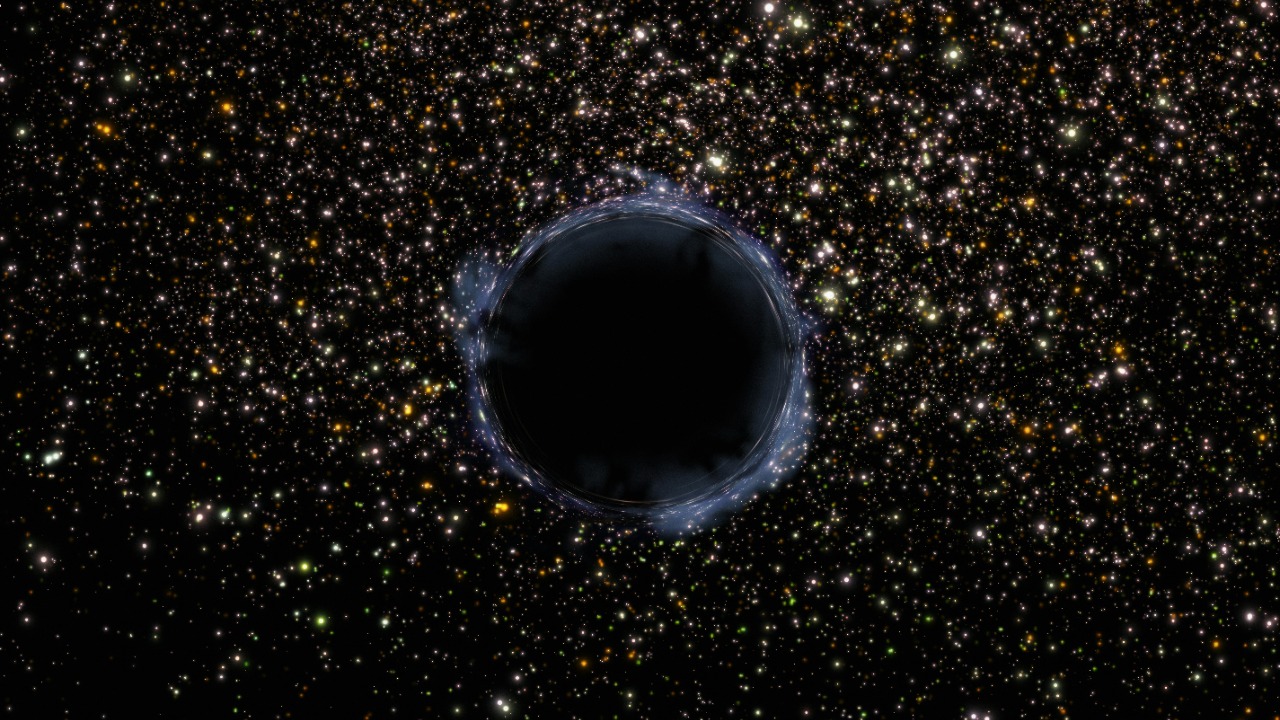
The concept of habitable realms or universes is not new. However, this theory brings a new perspective to the idea. If black holes do serve as gateways, they could potentially lead to realms that could support life.
The Great Filter Hypothesis is an idea that suggests every civilization faces a challenge or “filter” that determines whether it can survive and advance to a high level of technology. If these habitable realms exist, they may have bypassed this filter, providing an environment where advanced civilizations could exist.
Implications and Potential Applications of the Gateway Theory
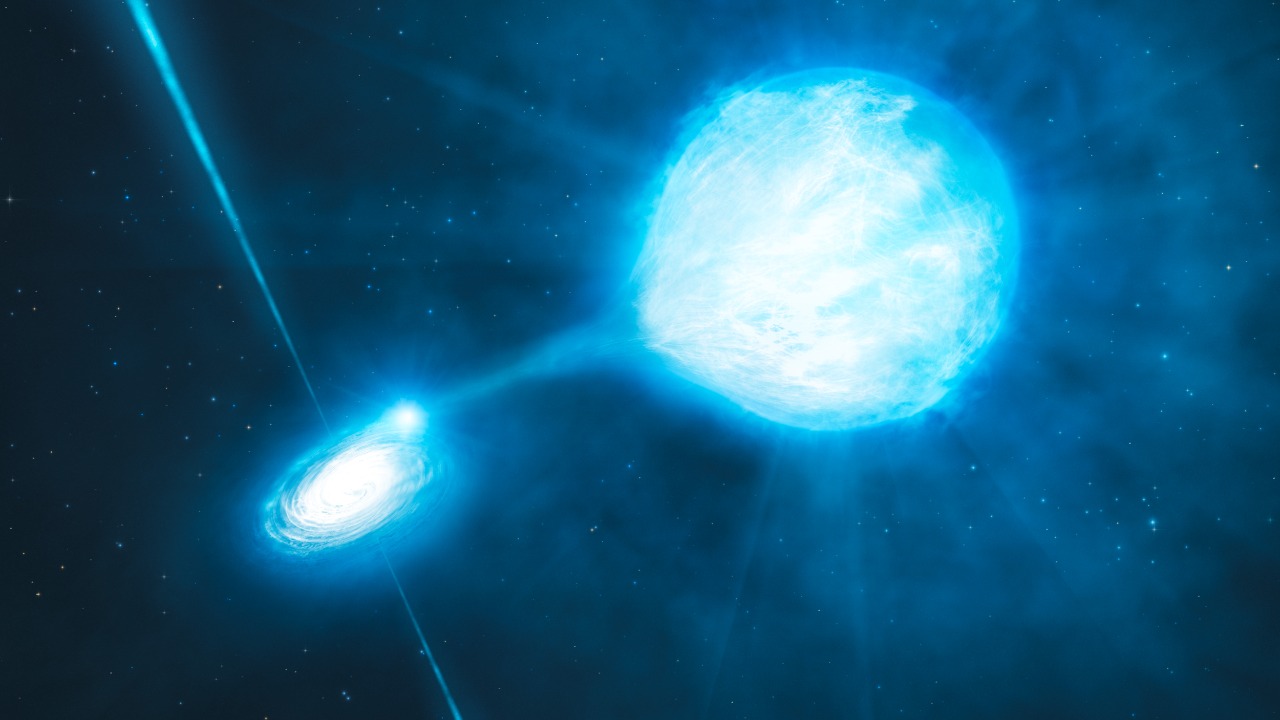
The gateway theory, if proven true, could dramatically alter our understanding of the universe and the nature of black holes. It could provide a new perspective on the nature of the cosmos and our place in it, leading to significant advancements in theoretical physics and astronomy.
There are also potential applications in the field of space exploration. If black holes could be used as gateways, they could potentially provide a means of travelling vast distances in a short period of time. This could revolutionize space travel, opening up new possibilities for exploration and discovery. However, the ethical and philosophical implications of such a possibility are profound and require careful consideration.